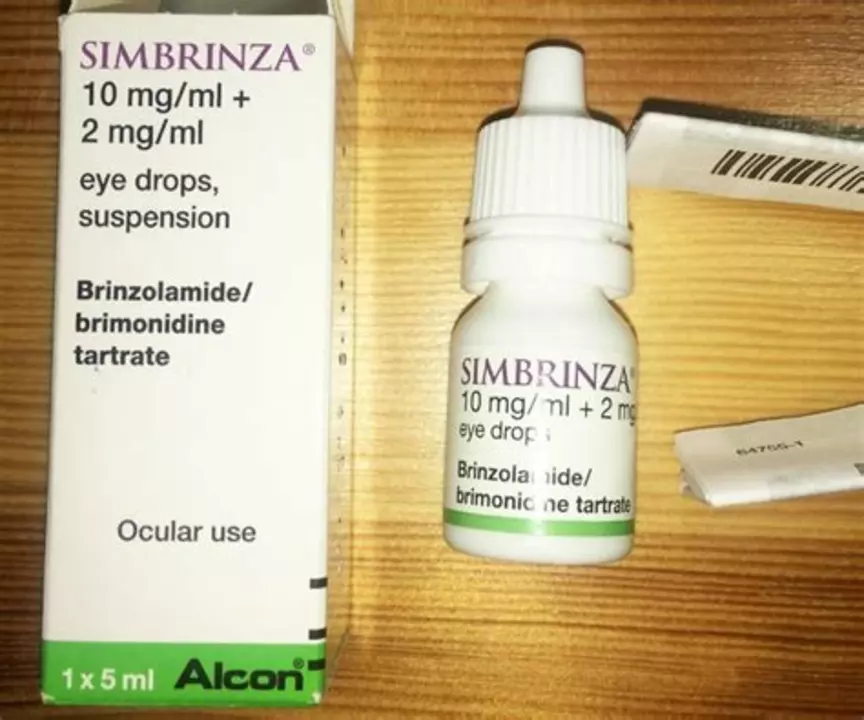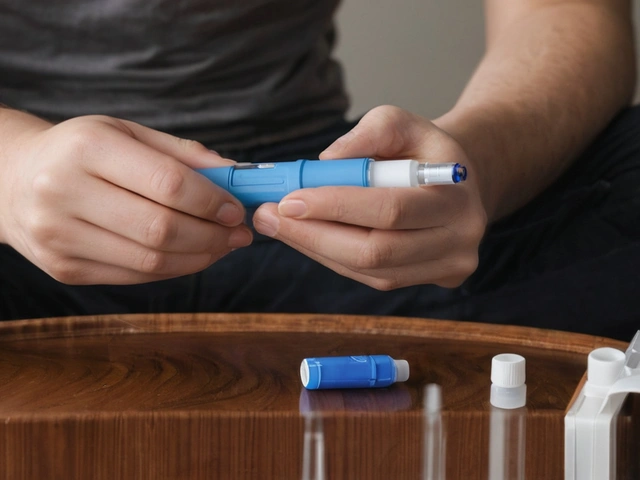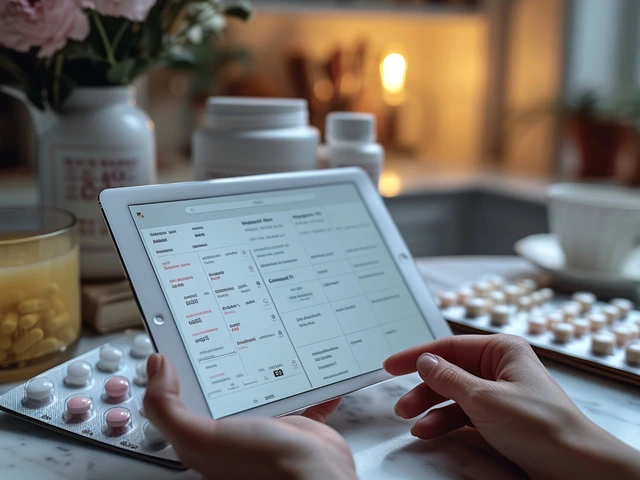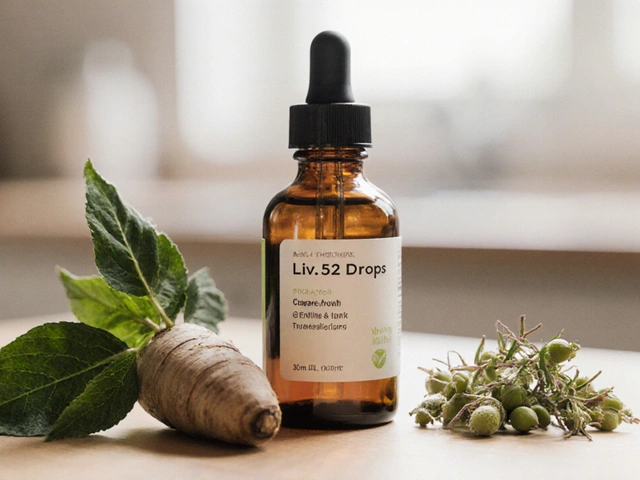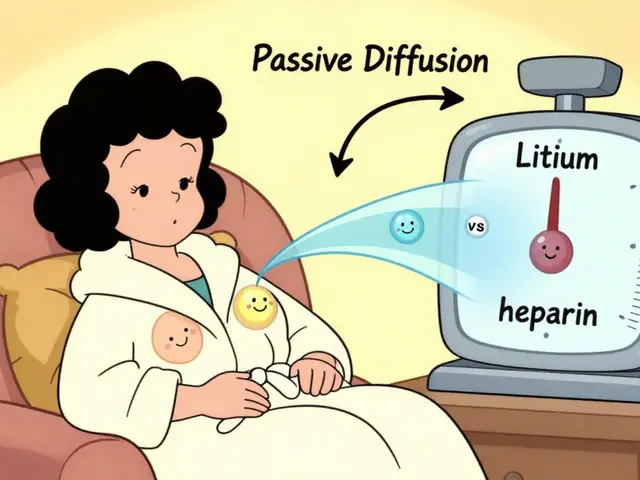Usage Tips: Practical Advice for Taking Medicines and Supplements
Ever started a new pill and wondered if you did it right? Small habits change how well a drug works and how safe it is. These usage tips focus on real actions you can use today — from timing and storage to avoiding dangerous mixes and using devices like inhalers correctly.
Everyday rules that actually help
Read the label and the leaflet. It sounds obvious, but the label tells you dose, timing, and key warnings. If your prescription says "take with food," do it — that can lower stomach upset or improve absorption. Use a pill organizer or phone reminders for daily meds to avoid missed or double doses.
Know what to do if you miss a dose. Most meds ask you to take the missed dose as soon as you remember, unless it's almost time for the next one. Never double up without checking your provider or pharmacist first.
Watch for duplicate ingredients. Acetaminophen appears in many cold and pain medicines. Taking several products with acetaminophen can cause overdose. Same goes for sedating antihistamines and multiple opioids — check labels or ask a pharmacist.
Store meds properly. Keep most pills in a cool, dry place away from sunlight. Insulin, some liquid antibiotics, and certain vaccines need refrigeration. Throw out expired products — potency drops and safety can’t be guaranteed past the date.
Interactions, special cases, and device tips
Tell your doctor or pharmacist about every prescription, OTC drug, and supplement you take. Supplements like ginkgo or St. John's wort can change how prescription drugs work. If you take blood thinners, antibiotics, or antidepressants, interactions can be serious.
Pregnancy, breastfeeding, kidney or liver disease change how drugs behave. Dosing that’s fine for one person may be risky for another. Always check with your provider before starting new medicines or supplements if any of these apply.
For inhalers and injection devices, technique matters. For inhalers like Ventolin or levalbuterol, a slow, steady breath and holding for a few seconds improves delivery. If you’re unsure, ask your pharmacist for a demonstration — hands-on training prevents wasted doses and reduces symptoms.
Antibiotics need to be used carefully. Finish the prescribed course unless your doctor says stop. Don’t save antibiotics for later or share them — misuse fuels resistance and may leave infections untreated.
Buying meds online? Use reputable sources and avoid sites offering prescription drugs without a prescription. Fake or low-quality medicines can be ineffective or harmful. If a deal looks too good or shipping is suspicious, skip it and consult your pharmacist.
Keep a current medication list with doses and reasons for each drug. Carry a copy to appointments and update it when anything changes. That simple step avoids dangerous mix-ups and speeds care when you need it most.
If something feels off — new side effects, confusing instructions, or unexpected reactions — call your healthcare provider or pharmacist. Quick questions often prevent bigger problems. Small checks today keep meds working the way they should.
